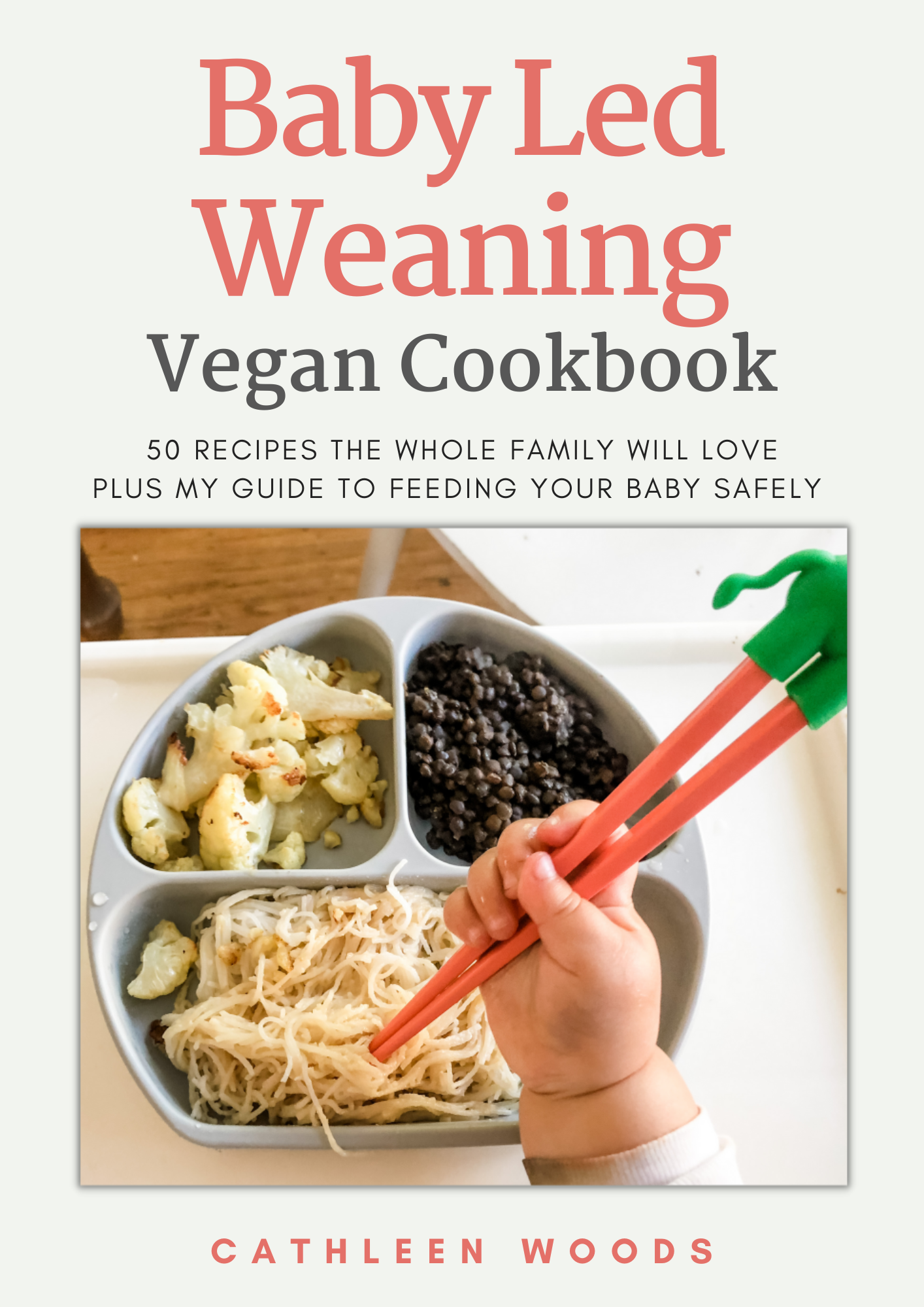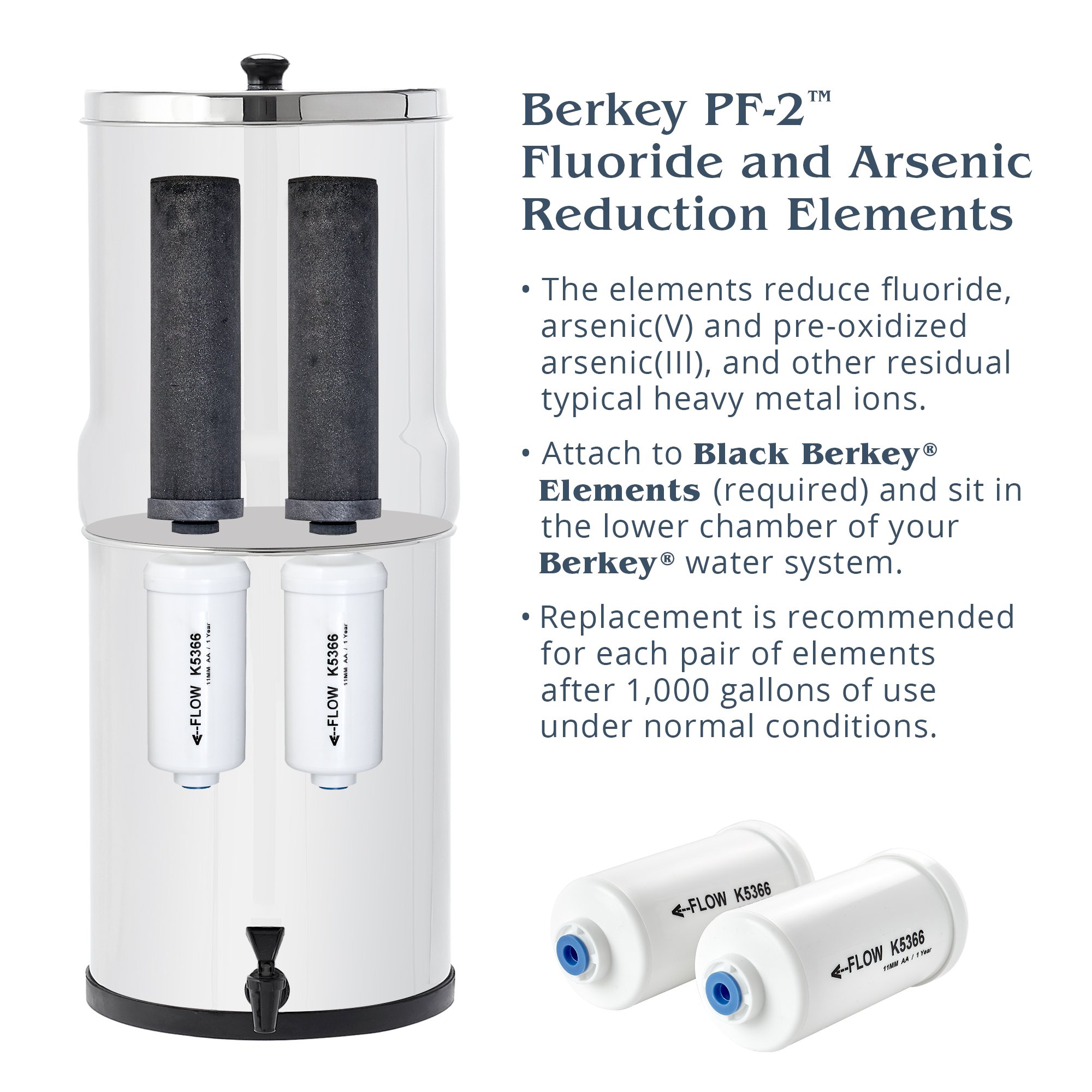FTC Disclosure: If you make a purchase via a link on this site, I may receive a small commission on the transaction - at no added cost to you - this is my side job to being a mom and it helps to support our family, so I greatly appreciate it!
Is Caffeine During Pregnancy Okay?
It's generally accepted belief that women should avoid caffeine during pregnancy, breastfeeding and even when trying to become pregnant. Of course, when you're completely exhausted and have to pull yourself together to go to work, take care of your other kids, travel, or even just maintain your former lifestyle, the concept of doing it all on your natural energy can be... exhausting.
What Are the Risks of Consuming Caffeine
During Pregnancy?
One of the major problems with caffeine and pregnancy is that it is proven to cross the placenta into the baby's bloodstream. While you may be accustomed to drinking caffeine each day and find that it doesn't make you feel jittery, your tiny baby deserves a clean, drug-free bloodstream. As you get into the later stages of pregnancy, the stimulant effect of caffeine can keep your baby awake and change his movement patterns.
As a pregnant women, you will definitely notice the effects of caffeine more strongly as you get later into your pregnancy because your body will start taking longer to metabolize the caffeine. It will cause your heart rate to increase, slightly raise your blood pressure, make you have to urinate more often, dehydrate you, and increase your likelihood of developing insomnia.

Some studies have shown that when pregnant moms consumed more than 500mg of caffeine each day, their newborn babies had faster heart rates and breathing rates and had trouble sleeping during the first days of life. Babies born to mothers who drank caffeine during pregnancy seemed to be born addicted to caffeine.
One study done released in 2008 by the American Journal of Obstetrics and Gynecology found that the women who consumed 200mg or more of caffeine each day were twice as likely to have miscarriages than the women who didn't consume any caffeine. However, other studies have shown that up to 250mg of caffeine each day does not increase the chances of having a miscarriage.
There are other studies that show possible links between caffeine during pregnancy and lower birth rates, undescended testes, preterm labor, and even birth defects. Other studies show that some women struggle with infertility and it could be linked to caffeine consumption.
Why Do the Studies on Caffeine and Pregnancy
Have Conflicting Views?
However, most experts believe that having one cup of coffee is probably not going to do much damage with your growing baby, and the range they give for safe amount of caffeine during pregnancy is between 150 and 300mg daily. The problem is that the expert reports have some degree of disagreement on exactly how much it's okay to consume without causing any serious damage to your baby, probably because it's hard to get a study that accurately measures caffeine intake in women.
Think of it this way, suppose they want 1000 women in the study, and 500 have to be women who drink no caffeine, and the others have to be a group who drink some, a group that drinks moderate amounts, and a group that drinks a lot. Every other variable has to be exactly the same in order to see what exactly the caffeine amounts will do to the developing baby. It's difficult to study accurately.
According to the American Pregnancy Association, consuming less than 200mg of caffeine daily should have no negative affect on the developing baby. A typical 12 oz. cup of coffee has 200mg of caffeine in it.
Cutting Back on Coffee During Pregnancy
I still highly recommend doing your best to cut back on caffeine intake. It's like any other drug, you are addicted to it, and you can wean yourself off of it with a bit of work. I've heard a lot of people have success in moving from full cups of caffeinated coffee to 3/4 of a cup with 1/4 cup decaf, and then 1/2 and 1/2, and then 3/4 decaf and 1/4 caffeinated.
If you've just found out you're pregnant and you regularly drink three cups a day, I'd try to cut that back as quickly as possible. If you can get it down to one within a few weeks, you're in a much safer range. Then you can work on pouring yourself increasingly smaller cups of coffee until you don't need it anymore.
In the long run, it's better not to drink even coffee with decaffeinated caffeine during pregnancy because there are compounds called phenols in coffee that reduce the body's ability to absorb iron. You should especially avoid drinking decaf coffee during meals so it doesn't interfere with the health benefits of the food you're eating.
Beware Hidden Caffeine
You think you're completely avoiding caffeine during pregnancy? You might be wrong.
Most people associate caffeine most strongly with coffee, but many people don't realize how much caffeine they might actually be ingesting in tea, cola, chocolate, and even painkillers. It's also sometimes difficult to guess how many ounces are in a typical mug or cup of coffee. Ours at home are huge and hold about 16 ounces, whereas a smaller teacup might only hold 6-8 ounces.
As a general rule of thumb, Starbucks's tall coffee is 12 ounces, so anything more than that per day is beyond the recommended "safe" amount for caffeine during pregnancy. Other coffee shops will have similar levels of caffeine, so use the following to judge how much is in a cup. Their tall drinks range anywhere from 75-260mg of caffeine per drink, however, some tests seemed to show that the range can actually vary up to 600mg of caffeine, depending on how the coffee is brewed.

Of course, adding any shots of espresso is going to increase the amount of caffeine in the coffee drink by about 75mg. And, in a shocking twist, decaf coffees do actually have some varying amounts of caffeine in them as well, so don't assume you are totally caffeine-free when you drink them.
Some people like to drink green tea during pregnancy, and each 12 ounce cup of green tea will likely have about 80-100mg of caffeine in it, so the "safe" amount of green tea during pregnancy is 2 cups a day.
As vegans, we can usually only get our chocolate fixes through dark chocolate, which ironically has more caffeine in it than milk chocolate. A one-ounce piece of baker's dark chocolate has 26mg of caffeine.
If you drink sodas, not only are they laced with high fructose corn syrup or harmful sucralose/aspartame, they can also be packed with caffeine. Depending on the type of soda, a 12-ounce can has anywhere from 40 to 70mg of caffeine per serving. Bottles might have 16 or 24 ounces, so you're talking up to double the amount of caffeine. And hopefully you're not drinking energy drinks, because those suckers can have up to 220mg of caffeine in one serving.
And lastly, there is caffeine in painkillers. Did you know Excedrin has 65mg of caffeine in each capsule? If you take three pills, you're done with your daily "safe" amount of caffeine during pregnancy. Check to see how much caffeine is in your over-the-counter medicines, especially ones like Anacin and Midol.
So, Can I Drink Coffee During Pregnancy or Not?
As with all decisions you make during pregnancy and for the rest of your child's life, you have to remember that you are no longer deciding just for yourself. The minute you find out you're pregnant, the health of your baby takes precedence over anything you want.
You have to weigh the possibility of something going wrong with the benefits of having caffeine during pregnancy. You can talk it over with your doctor or midwife and have them advise you on the best course of action for you and the baby.
However, no matter what other people judge and think of you, you have to decide for yourself. Everyone's circumstances are different, so if you feel it's more important for you to get to work on time every day and the only way you can do that right now is by drinking a small cup of coffee, do what you need to do.






New! Comments
Have your say about what you just read! Leave me a comment in the box below.